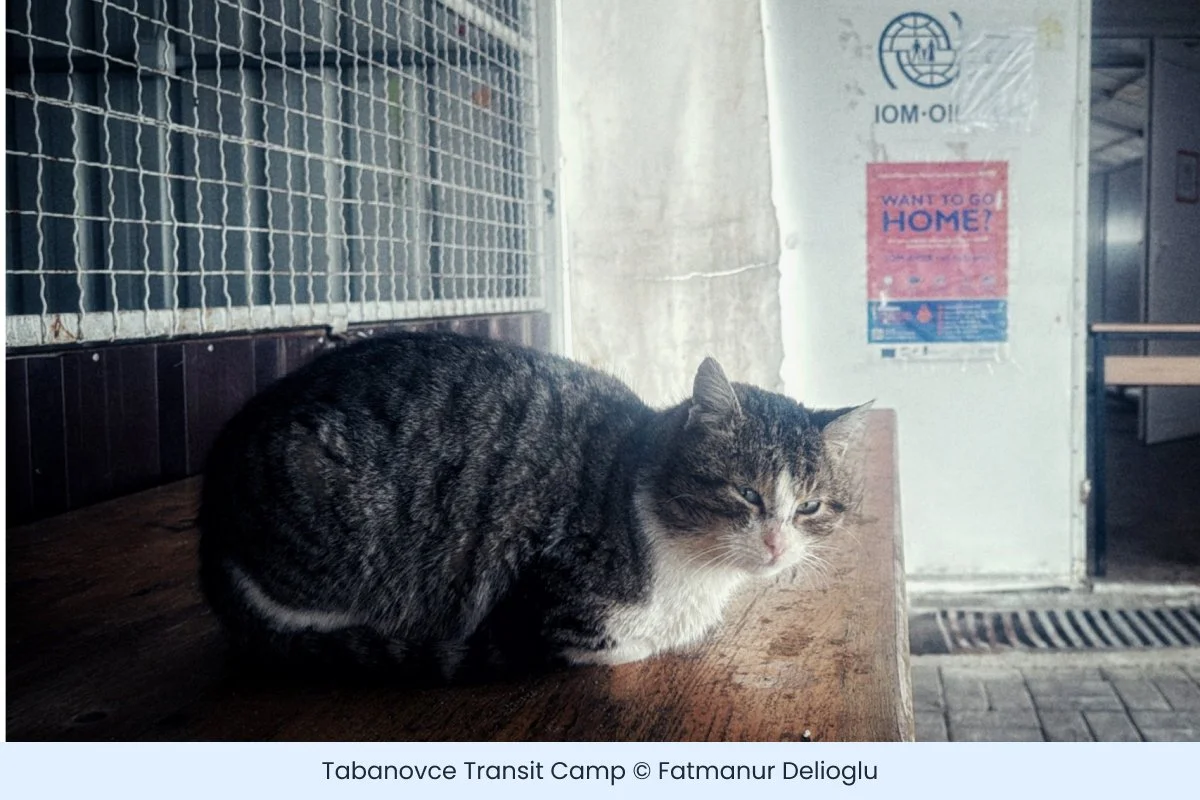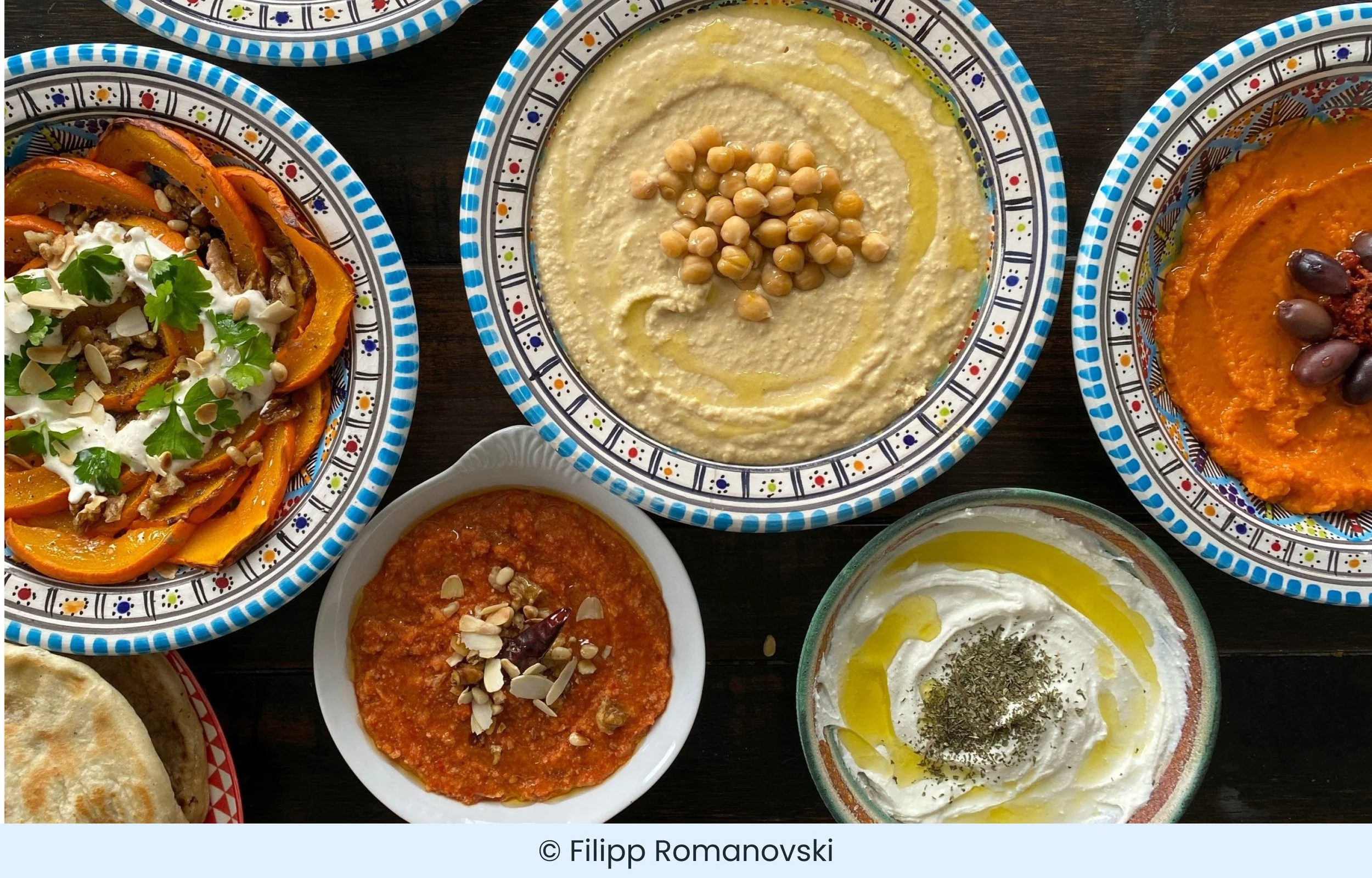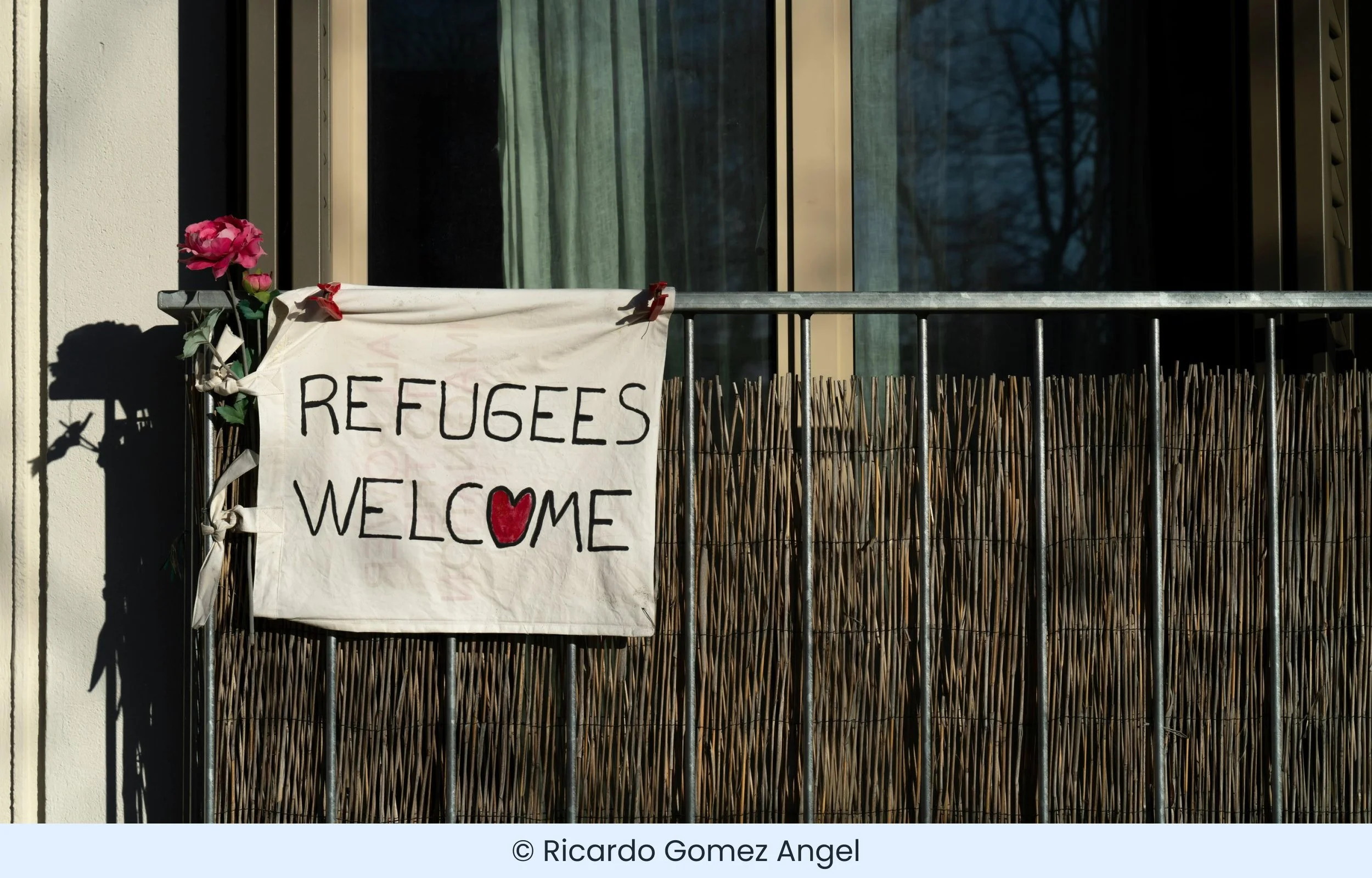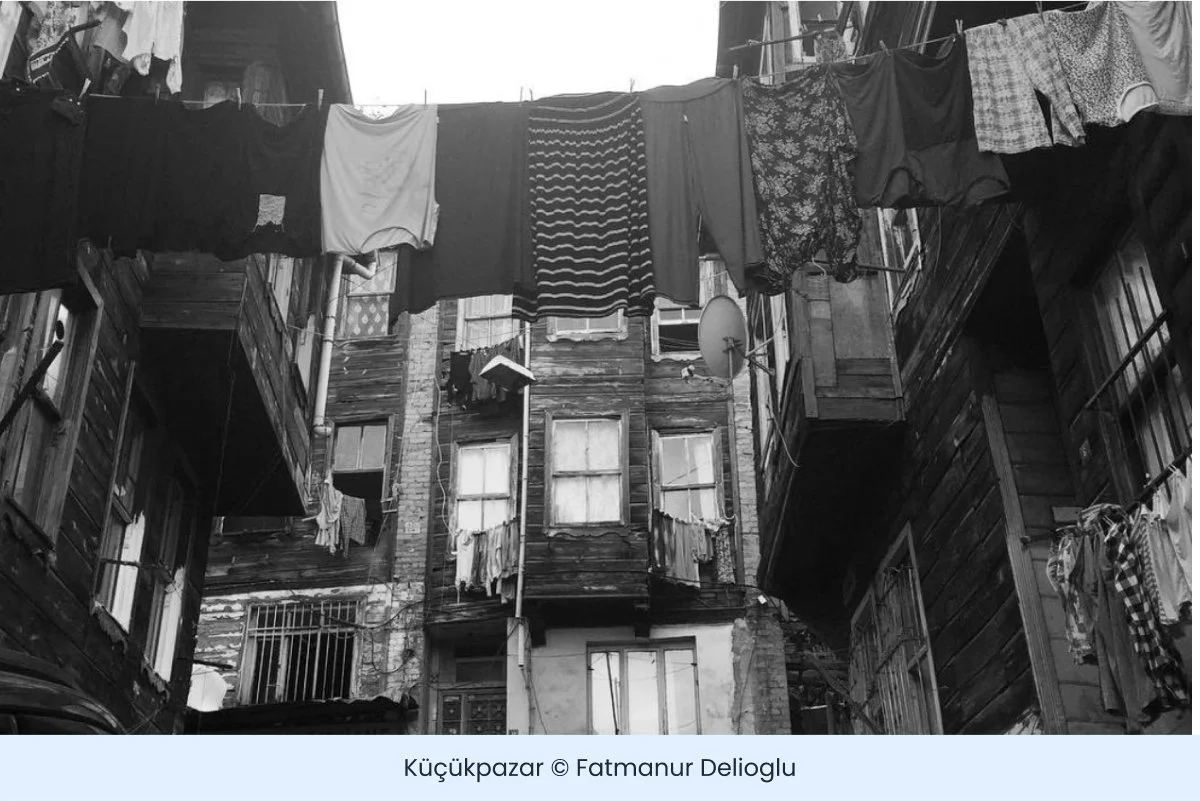Research
My research centers on migration governance, critical border studies, solidarity, resistance, and gender. Employing interdisciplinary methodologies such as ethnography, I currently explore the critical role of technology in shaping migrants’ lived experiences and resistance strategies.

Technological Frontiers and Migrant Agency: The Dynamic Interplay of EU Border Policies, Migrant Resistance, and Solidarity Networks on the Balkan Route
Wilfrid Laurier University, Balsillie School of International Affairs | January 2024 – Present
This ethnographic study investigates how migrants traverse and resist the EU’s externalized border regimes along the Balkan route, focusing on the interplay of surveillance technologies, humanitarian infrastructures, and grassroots solidarity. Conducted through fieldwork in North Macedonia—including interviews with migrants, NGO workers, and members of international organizations such as the Red Cross and UNHCR—the project situates the border as a site of negotiation and contestation. Findings highlight the dual nature of border spaces: simultaneously governed by restrictive policies and reshaped by migrant agency and collective action. The study contributes to critical border studies by documenting the role of solidarity networks in challenging dominant security paradigms.

Syrian Refugee Women’s Solidarity Networks Through Kitchens
Marmara & Istanbul Şehir University | October 2018 – June 2020
This master’s research explored how Syrian refugee women in Turkey navigate displacement through participation in solidarity kitchens—community-based spaces for food preparation and mutual aid. Fieldwork was conducted at three kitchen projects and included interviews with women, founders, and volunteers, capturing how these kitchens function as sites of social connection, caregiving, and collective resilience. The research revealed both the empowering potential and internal tensions of grassroots solidarity: while the kitchens generally offered support and visibility, some also reflected hierarchies and uneven power dynamics. Moreover, their sustainability was shaped by broader institutional and funding relationships, complicating assumptions about the autonomy and egalitarianism of informal support networks.

Economic and Social Integration of Syrian Refugee Single Mothers
Istanbul Şehir University | May 2019 – December 2019
In partnership with Ayşe Perihan Kırkıç, this project addressed the near-total absence of Syrian refugee single mothers in both academic research and integration policy. Using an intersectional framework, we conducted in-depth interviews with single mothers from lower socioeconomic backgrounds, revealing how the convergence of caregiving responsibilities, economic hardship, and social exclusion shapes their experiences in Turkey. Our analysis demonstrated that integration policies largely fail to address the interconnected roles of class and gender, thereby reproducing structural barriers. The project resulted in a policy paper and international presentations, contributing empirical evidence to the growing critique of one-size-fits-all approaches in refugee integration discourse.

Being Syrian Refugee Women: The Case of Fatih District
Yıldız Technical University | January 2015 – December 2015
This undergraduate research, conducted in collaboration with Sümeyye Zengin, examined the everyday experiences of Syrian refugee women in Istanbul’s Fatih district, often referred to as “Little Damascus.” Drawing on qualitative methods and insights from NGOs, we conducted semi-structured interviews with Syrian refugee women from diverse ethnic and socioeconomic backgrounds to investigate how gender and displacement intersect in urban exile. The study revealed that women embedded in solidarity networks—whether familial, communal, or organizational—tended to experience more rapid and stable processes of adaptation. These findings offered an early contribution to understanding how informal support structures shape integration outcomes within refugee communities.